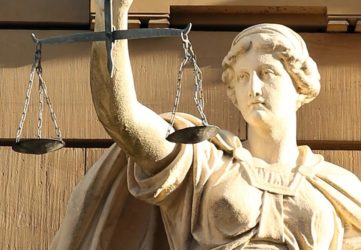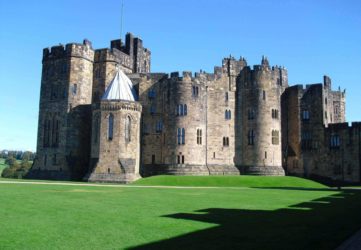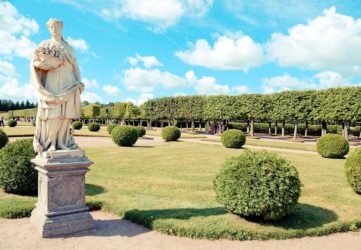A law school (also known as a law centre or college of law) is an institution specializing in legal education, usually involved as part of a process for becoming a lawyer within a given jurisdiction.
In Brazil the legal education begins between 1827/28 in Olinda/PE and São Paulo/SP where the first Schools of Law were established by the new Empire using as educational model the Coimbra Faculty of Law.
Nowadays the legal education consists in a 5-year-long course in which, afterwards, the scholar is granted a bachelor´s degree.
Therefore, it is considered part of the higher education, hence the educational system is regulated as: i) basic education – primary, middle anda high school; and ii) higher education: licentiate, bachelor and vocational ed.
The practice of law is conditioned upon admission to the bar of a particular state or other territorial jurisdiction (Ordem dos Advogados do Brasil – OAB
Public attorneys, public prossecutors and magistrates (judges) admission is made, mainly, through an entrance examination and a constitutional mandatory three years of legal experience. Starting from the second degree courts it is mandatory a 1/5 of its composition to be fulfilled with members of the lawyers/attorneys/barristers association and also from federal/state/labour processcutors (ministério público) regarding the court jurisdiction (it is not applied for electoral and military courts).
After achieving the bachelor´s degree of laws it is possible to follow an i) specialization or follow ii) academically (or both), in either case it is called postgraduation: i) lato sensu; or ii) stricto sensu; respectively.






